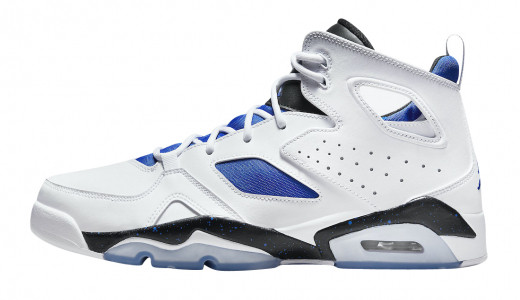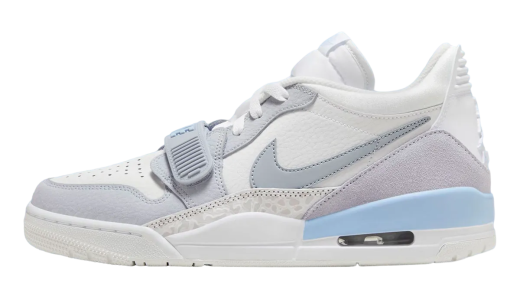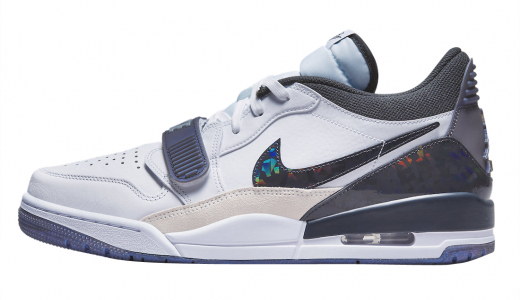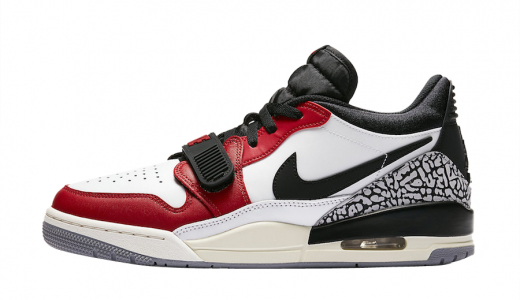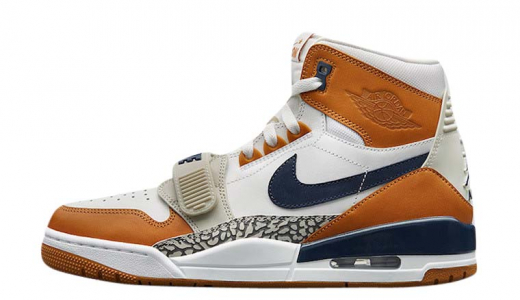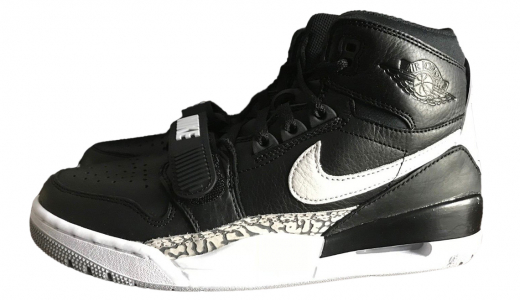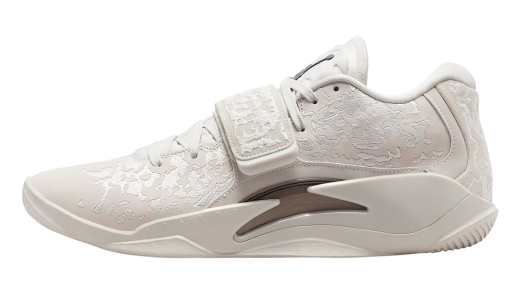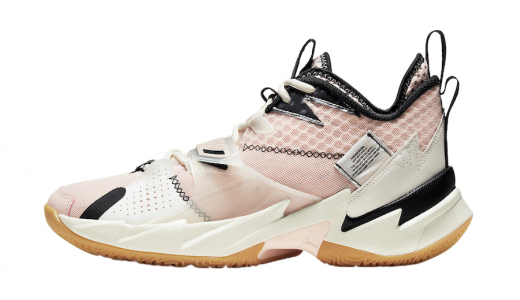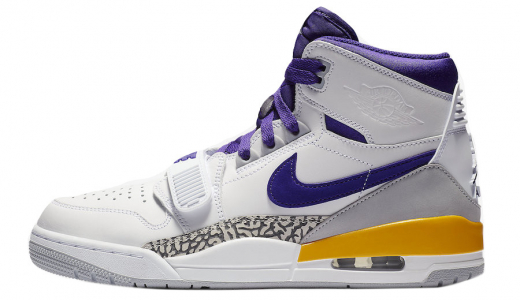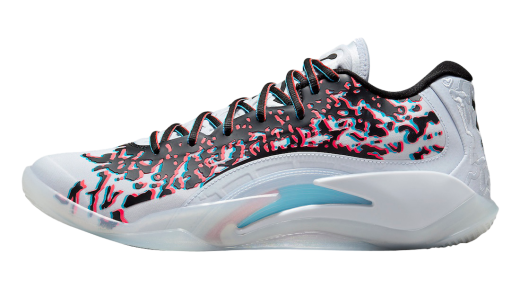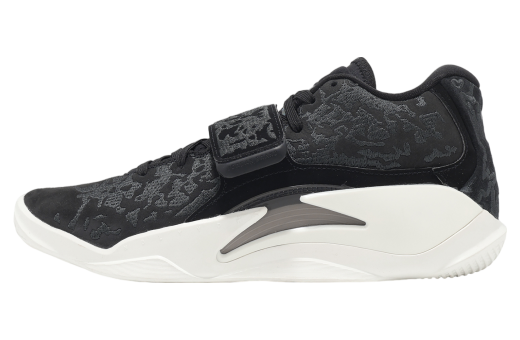Jordan Brand
Jordan Brand is a subsidiary of Nike, Inc., dedicated to producing high-quality athletic footwear, apparel, and accessories. Established in 1997, it builds on the legacy of Michael Jordan, one of the greatest basketball players of all time. Known for its innovative designs and premium materials, Jordan Brand has become synonymous with performance and style both on and off the court.
The brand's product lineup includes iconic sneakers like the Air Jordan series, which started with the Air Jordan 1 in 1985. Each release often features advanced technologies and unique colorways, catering to athletes, sneaker enthusiasts, and collectors alike. Beyond footwear, Jordan Brand also offers a wide range of sportswear and lifestyle apparel, combining functionality with contemporary fashion.
Jordan Brand's influence extends beyond basketball, impacting various aspects of pop culture, fashion, and streetwear. Collaborations with artists, designers, and other brands continually push the boundaries of design and innovation, maintaining the brand's status as a cultural icon.
History of Jordan Brand
The History of Jordan Brand
Introduction
Jordan Brand is more than just an athletic footwear and apparel giant; it is an integral part of modern cultural history. Born from the unparalleled legacy of Michael Jordan, arguably the greatest basketball player of all time, Jordan Brand has transcended the boundaries of sports, becoming a global cultural phenomenon.
Origins and The Birth of Air Jordan
The genesis of Jordan Brand is rooted in a pivotal moment in 1984 when a young, promising basketball sensation named Michael Jordan entered the NBA as the third overall pick by the Chicago Bulls. Recognizing his extraordinary potential and marketability, Nike signed Jordan to a sponsorship deal worth $2.5 million over five years—a sum that was astronomical for an unproven rookie at the time.
In 1985, Nike released the first Air Jordan sneaker, the Air Jordan 1. Designed by Peter Moore, the shoe featured a high-top silhouette and revolutionary Air cushioning technology. It was also bold and eye-catching, with a black and red colorway that defied the NBA's uniform code, resulting in a $5,000 fine each time Jordan wore them on the court. Nike gladly paid these fines, leveraging the controversy to catapult the brand into the limelight. The Air Jordan 1 was a massive success, generating $126 million in its first year alone.
The Evolution: Air Jordan II to Air Jordan XIII
With the triumphant launch of the Air Jordan 1, Nike and Michael Jordan continued to innovate and push boundaries with each new model. The Air Jordan II, released in 1986, was designed by Bruce Kilgore and made in Italy, offering a blend of luxury and performance. The Air Jordan III, released in 1988, was a pivotal model designed by Tinker Hatfield. This sneaker introduced the Jumpman logo, elephant print accents, and a mid-cut design, setting a new standard in the sneaker world.
From the Air Jordan IV to the Air Jordan XIII, each release was a perfect amalgamation of technology, style, and the performance needs of an elite athlete. The Air Jordan IV gained significant attention when it appeared in Spike Lee’s film “Do the Right Thing,” solidifying its place in pop culture. The Air Jordan V introduced reflective 3M material and a clear rubber sole, while the Air Jordan VI was worn during Jordan’s first NBA Championship win in 1991. The Air Jordan XI, released in 1995, was particularly iconic due to its patent leather and mesh upper and its association with Jordan’s return to basketball and the Bulls’ 72-win season.
The Birth of Jordan Brand
By the mid-1990s, the success of Air Jordans was undeniable, and Nike recognized the potential for a sub-brand. In 1997, Jordan Brand was officially established as a subsidiary of Nike, Inc. It was no longer just about creating innovative basketball sneakers; it was about building a legacy that mirrored Michael Jordan’s excellence on and off the court.
The first models under the Jordan Brand banner were the Air Jordan XIII and the Air Jordan XIV. These shoes continued the tradition of innovation and style, with the XIII featuring a holographic “cat’s eye” and the XIV drawing inspiration from Jordan’s love for fast cars. Coincidentally, Jordan achieved his sixth and final NBA Championship while wearing the XIV, making the sneaker an eternal emblem of victory.
Expanding the Horizon: Lifestyle and Beyond
With the dawn of the 21st century, Jordan Brand expanded its repertoire beyond basketball. The brand launched lifestyle sneakers and apparel, targeting a broader audience. Notably, the release of the Air Jordan 1 Retro in 2001 reignited the sneaker’s popularity and marked the beginning of retro releases that catered to both older fans and new enthusiasts.
Jordan Brand also started signing endorsement deals with a new generation of basketball players and athletes from various sports. Players like Ray Allen, Carmelo Anthony, and Chris Paul became the faces of Jordan Brand, helping to sustain its relevance in the dynamic world of sports.
Jordan Brand and Culture
Jordan Brand's influence stretches far beyond sports, permeating social and cultural realms. The sneakers became synonymous with hip-hop culture, frequently mentioned in lyrics and seen on the feet of countless musicians and celebrities. For instance, the Air Jordan XI “Concord” gained massive popularity after Boyz II Men wore them during a televised performance.
High-profile collaborations have also played a significant role in expanding the brand's cultural footprint. Collaborations with artists like Travis Scott, designers like Virgil Abloh of Off-White, and brands like Supreme have produced limited-edition releases that sell out in seconds and command exorbitant resale prices. These collaborations blend the essence of Jordan Brand with contemporary fashion, creating highly coveted items.
Philanthropy and Social Impact
Jordan Brand is also committed to philanthropy and social impact, mirroring Michael Jordan’s personal dedication to giving back. In 2020, Jordan and Jordan Brand pledged $100 million over ten years to organizations dedicated to ensuring racial equality, social justice, and greater access to education. This initiative underscores the brand's role in addressing societal issues and fostering positive change, aligning with a broader movement toward corporate social responsibility.
Challenges and Criticisms
Despite its monumental success, Jordan Brand has not been without challenges and criticisms. Questions about labor practices and ethical manufacturing have occasionally surfaced, reflecting broader concerns in the global apparel and footwear industries. Moreover, the exclusivity and high price points of Jordan sneakers have sparked debates about accessibility and consumerism.
The Legacy Continues: Jordan Brand Today
Today, Jordan Brand retains its status as a dominant force in athletic footwear and streetwear. The brand continues to release new models, such as the innovative Air Jordan XXXV, while also capitalizing on the popularity of retro releases. Annual events like “Air Max Day” and “All-Star Weekend” drops create a frenzy among sneakerheads and collectors.
Jordan Brand's influence remains prevalent in the NBA, where numerous players, such as Zion Williamson, Russell Westbrook, and Jayson Tatum, proudly represent the Jumpman logo. The brand’s appeal also spans beyond basketball, as evidenced by endorsements with athletes like Neymar Jr. in soccer and Bubba Wallace in NASCAR.
Jordan Brand’s Global Impact
Internationally, Jordan Brand has cemented its place as a symbol of premium athletic wear and an aspirational lifestyle. The brand's global expansion includes flagship stores in major cities like Paris, New York, and Tokyo, each offering an immersive shopping experience that tells the story of Michael Jordan and his illustrious career.
Conclusion
From its inception as a revolutionary basketball sneaker to its current standing as a global cultural icon, Jordan Brand’s history is a testament to the enduring legacy of Michael Jordan. Through continuous innovation, strategic collaborations, and a deep connection to cultural movements, Jordan Brand has transcended the sport it was born from to become a symbol of excellence, style, and impact across the globe.
The story of Jordan Brand is not just about footwear; it’s about the embodiment of greatness. While the sneakers continue to be a tangible symbol of this legacy, the ethos of hard work, resilience, and relentless pursuit of excellence that Michael Jordan personifies are the true hallmarks of Jordan Brand. As the brand moves forward, it continues to honor its storied past while innovating for the future, ensuring that the Jumpman logo will remain an enduring symbol of greatness for generations to come.
